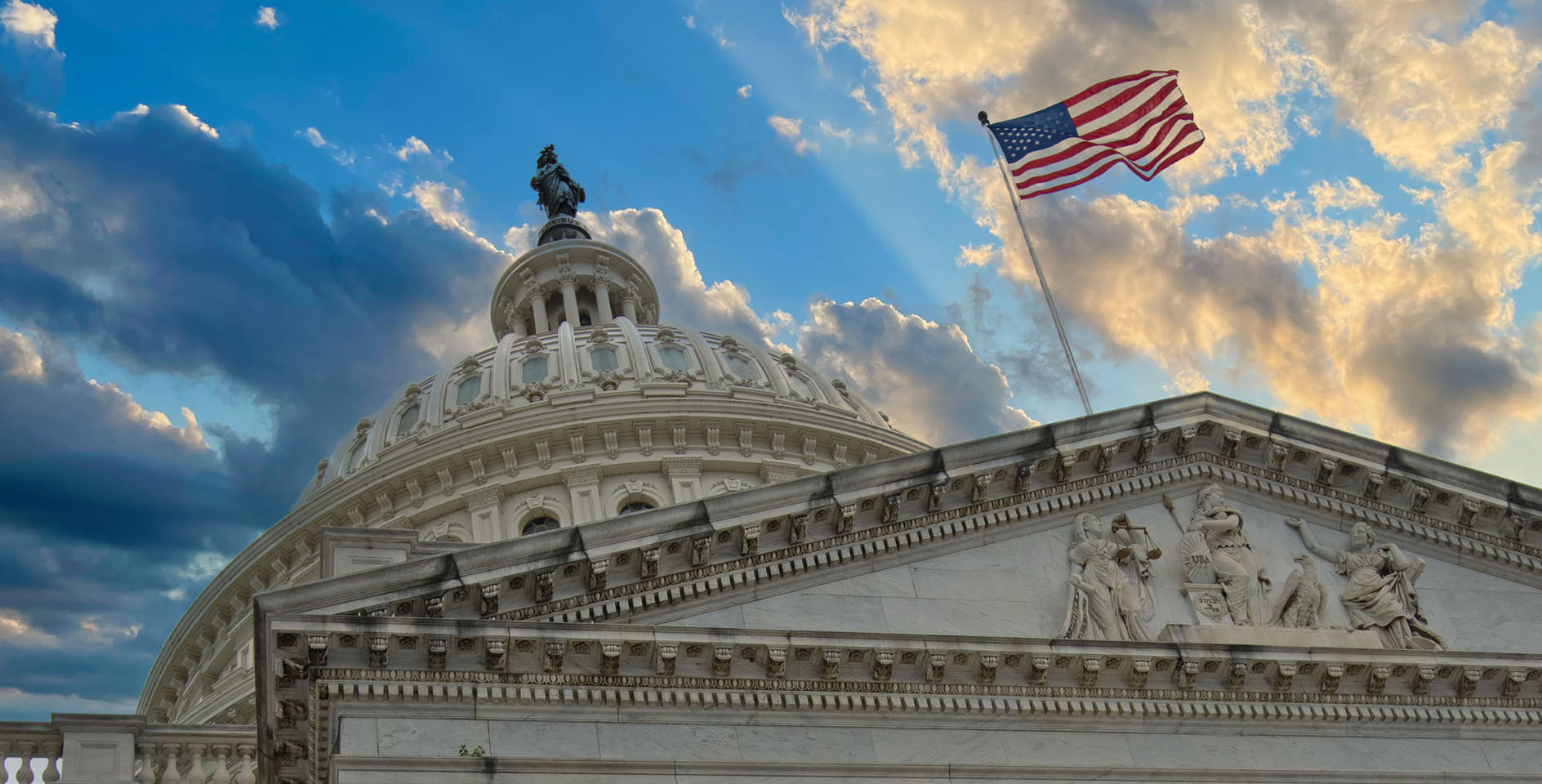On the Sunday before the 2016 general election, I visited family a few hours from home and attended church with them. The pastor acknowledged the tension that many in the congregation felt regarding the election and the controversial presidential candidates involved. His opening sentence on the topic rang true to me: “You don’t have a godly candidate on the ballot on Tuesday, and the reason you don’t is because of our great sin.” The flawed candidates, he said, were a reflection of us as a nation.
In a world that seems more opposed to the teachings of Scripture by the day, Christians frequently face a slate of choices, all of which fail to meet God’s standards of righteousness in some way. How do we cope with a world that repeatedly asks us to choose between the lesser of two evils? After all, the lesser evil is still, by definition, evil. And God’s Word calls us to avoid even the appearance of such (1 Thessalonians 5:22).
At the same time, fully withdrawing from public engagement makes us disobedient in another sense by ignoring the biblical charges to speak the truth (Ephesians 4:15), advocate for justice (Isaiah 1:17), and protect the vulnerable. When we walk away from “the great conversation,” we leave a void where the wisdom of God should be represented.
I believe that as sojourners in a fallen world, we are called to do the best we can with the circumstances we’re given. Sometimes this may mean choosing an imperfect option. It might look like voting for a flawed candidate to prevent the even greater wrong we believe their opponent would do. It could mean supporting a bill that accomplishes some things that we know are pleasing to God, even if it doesn’t go as far as we know it should go.
The danger in this type of public engagement is that it can confuse non-believing observers who don’t understand our rationale. They may interpret our action as fully representative of the teachings of the Christian faith when it most certainly is not. Worse yet, it may confuse us if we fully buy into our team’s talking points.
So how do we avoid these misunderstandings?
Honesty is the best policy
I think the keys to walking this tightrope with integrity lie in two areas: honest comparison of the choices we face to the biblical standard and honest communication about our engagement.
Like all modern marketing and communication, the American political machine is scarily good at pushing our buttons to elicit feelings that turn into action. They come to each issue armed with mountains of polling data and research revealing what makes us tick: what we fear and what we value. Whether they’re selling a candidate or a cause, they sell it in an all-upside, no-downside way.
Legions of highly paid consultants convince you that if you don’t vote or engage as they suggest, disaster is inevitable, and all of your deepest fears will come to pass. Similarly, they present their favored candidate/initiative as a cure-all for your concerns, with no baggage.
Intellectually, we know this isn’t true. But emotionally, we get pulled in. We respond to the appeal and invest.
This moment of investment is where civic engagement can go off the rails for Christians. Once we choose a candidate or cause—and especially if we publicly declare our affiliation with such—we are psychologically incentivized to think and speak of our choice positively, emphasizing what is good about it and staying quiet about what is not. We may rationalize that this is strategically necessary to rally others to our cause and ensure that our team wins the day.
There will be time for the whole truth later, we think. Now is the time to win.
But as believers, we are called to hold each decision—every day—up to the light of God’s Word, judging it fairly by that standard alone. We must overcome the psychological temptation to recast our marginally better choice as a genuinely righteous one. We must be honest with ourselves and others about how our choices do and do not measure up to God’s standard.
When we misrepresent our imperfect choices as truly righteous, we compromise our integrity and misrepresent our Savior before a lost and dying world. We make it harder for the people we’re called to evangelize to believe us about the most important thing—the gospel of Jesus Christ.
That’s a terrible trade.
I think Christians must remain engaged in the culture and the political process. But we must say goodbye to the unqualified cheerleading that others enjoy. If we are to honor God in the public square, our participation and the way we talk about it must be consistently faithful and painfully honest. This will make us outliers in many conversations where others feel free to give full-throated endorsements of things we know miss the mark in key ways.
However, we can trust God to work through our faithfulness to accomplish his purposes, despite what the modern rules of political and cultural engagement may suggest.










